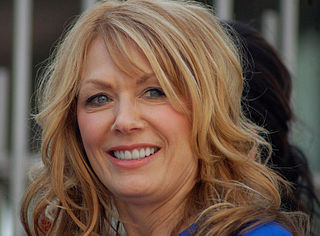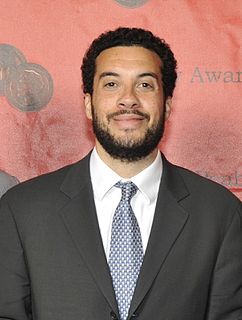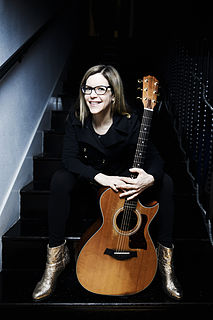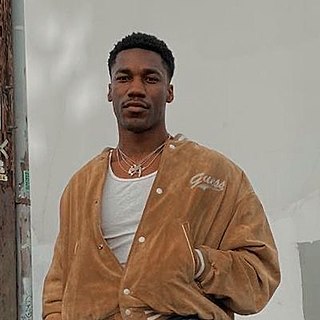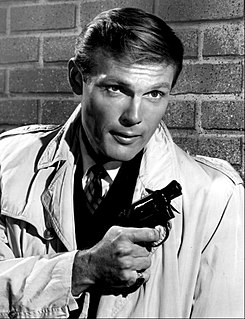A Quote by Nancy Wilson
We were wild-eyed hippies from the late '60s. We still had the exuberance of the mind-expanding '60s - that Tolkienesque, Zeppelin, androgynous, wood nymph, forest fairy kind of innocence. It sounds stupid now, but we felt we were changing the world with music.
Related Quotes
O.J. Simpson was primarily interested in O.J. His rise to fame in the late '60s coincided with the period where black athletes were more outspoken and political than in any era. You're talking about the generation of black athletes that came about after Jackie Robinson. Athletes after that were just happy to find a place in sports. But when you got to the mid-'60s, you had athletes like Jim Brown and Muhammad Ali, who were very outspoken on the issues of race and civil rights.
When I was a kid, a lot of my parents' friends were in the music business. In the late '60s and early '70s - all the way through the '70s, actually - a lot of the bands that were around had kids at a very young age. So they were all working on that concept way early on. And I figured if they can do it, I could do it, too.
